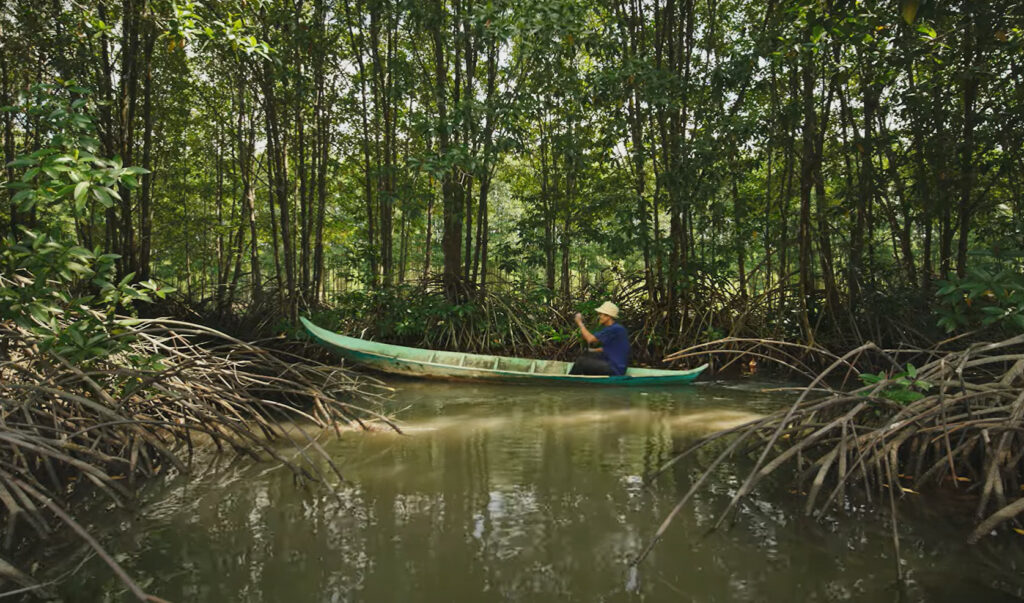Best Aquaculture Practices Is First Certification Program to Apply for SSCI Recognition
The Global Aquaculture Alliance’s Best Aquaculture Practices (BAP) certification program has submitted a benchmark application to The Consumer Goods Forum’s (CGF) Sustainable Supply Chain Initiative (SSCI), the first step in receiving SSCI recognition as meeting industry expectations for third-party social compliance programs. BAP is the first certification program to apply.
The SSCI was launched by the CGF in April 2018 to recognize third-party auditing programs that meet industry expectations on social sustainability and, in the future, environmental sustainability. The SSCI replaces the CGF’s Global Social Compliance Programme (GSCP) and was created by replicating the approach taken by the CGF’s Global Food Safety Initiative (GFSI). (The GAA Seafood Processing Standard is already benchmarked against GFSI requirements.)
The SSCI benchmarking process begins with a self-assessment undertaken by the scheme, followed by a review by an independent expert, a public consultation and office visits. The methodology also includes opportunities for the applicant to take corrective action if and when needed. The benchmark is based on a first set of criteria defined by the SSCI and industry stakeholders in October 2019, and currently focuses on social sustainability and scheme management.
“GAA has embraced benchmarking exercises such as the Sustainable Supply Chain Initiative since their inception. They help level the playing field for seafood sustainability claims,” said GAA CEO Wally Stevens. “Social responsibility has long been a pillar of the industry-leading BAP third-party certification program, along with environmental responsibility, food safety, and animal health and welfare. We look forward to the outcome of the SSCI evaluation process.”
“It’s great to see CGF leading the way with some joined-up thinking on benchmarking requirements for certification programs. This helps to promote a consistent approach to scheme governance, scheme management and standard setting. GFSI has blazed the trail and now SSCI is following right behind,” said BAP Standards Coordinator Dan Lee.
Added the SSCI: “At the SSCI, we welcome this positive step from the GAA and look forward to reviewing its alignment towards industry values on transparency, social responsibility and sustainability.”
In December 2017, BAP successfully completed the GSCP Equivalence Process, becoming the world’s first third-party aquaculture certification program to do so.
In October 2017, BAP became the world’s first aquaculture certification program to be recognized by the Global Sustainable Seafood Initiative (GSSI) when GSSI determined that two-star certification against the BAP Finfish and Crustacean Farm Standard and BAP Salmon Farm Standard is in alignment with the GSSI Global Benchmark Tool.
The SSCI evaluation process is expected to take 6 to 12 months.
The CGF press release announcing BAP submitting the benchmark application to SSCI can be found here.
About BAP
A division of the Global Aquaculture Alliance, Best Aquaculture Practices is an international certification program based on achievable, science-based and continuously improved performance standards for the entire aquaculture production chain – including processing plants, farms, hatcheries and feed mills. BAP standards cover environmental responsibility, social accountability, food safety and animal welfare. The BAP program is based on independent audits that evaluate compliance with the BAP standards developed by GAA.




